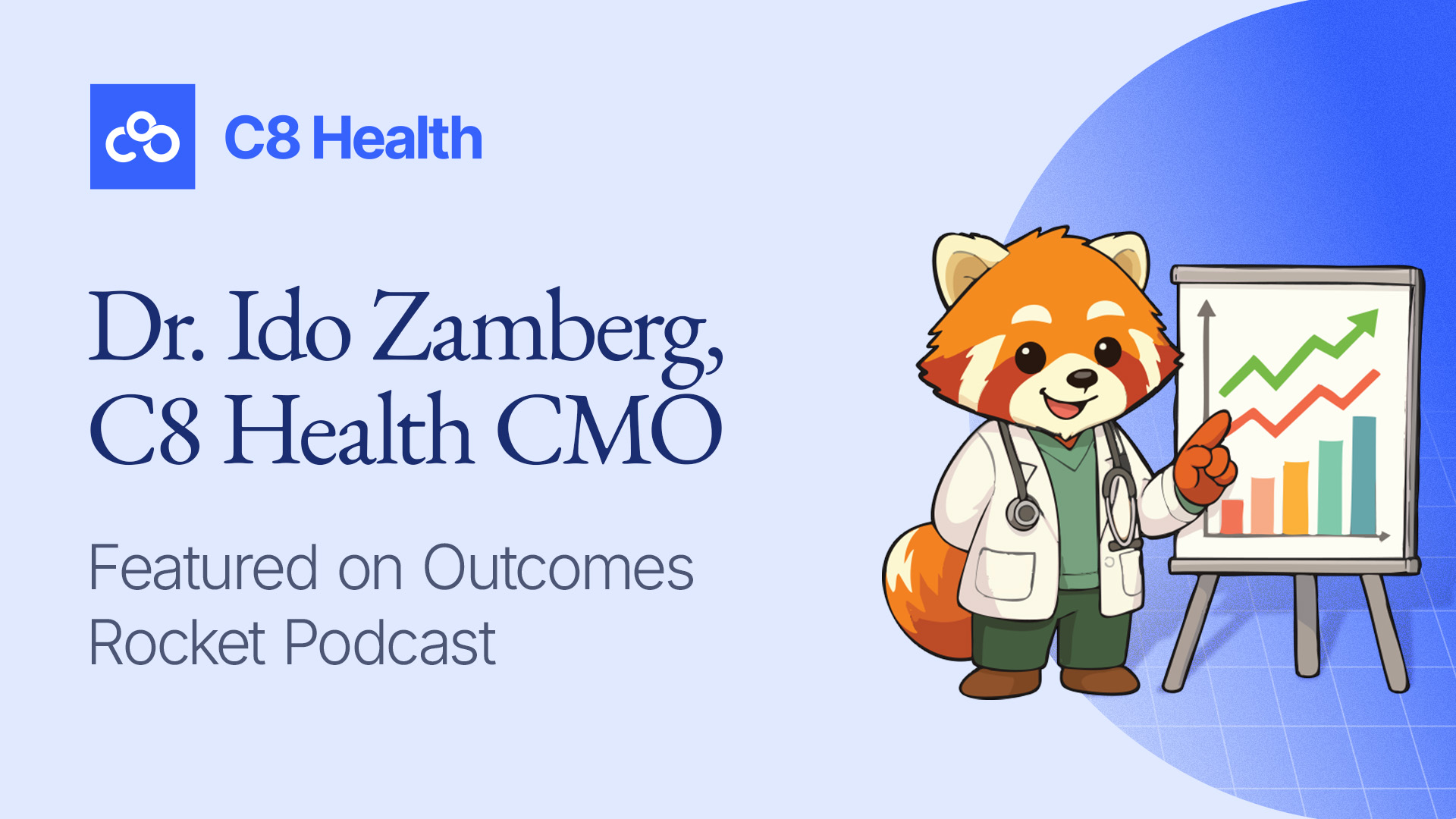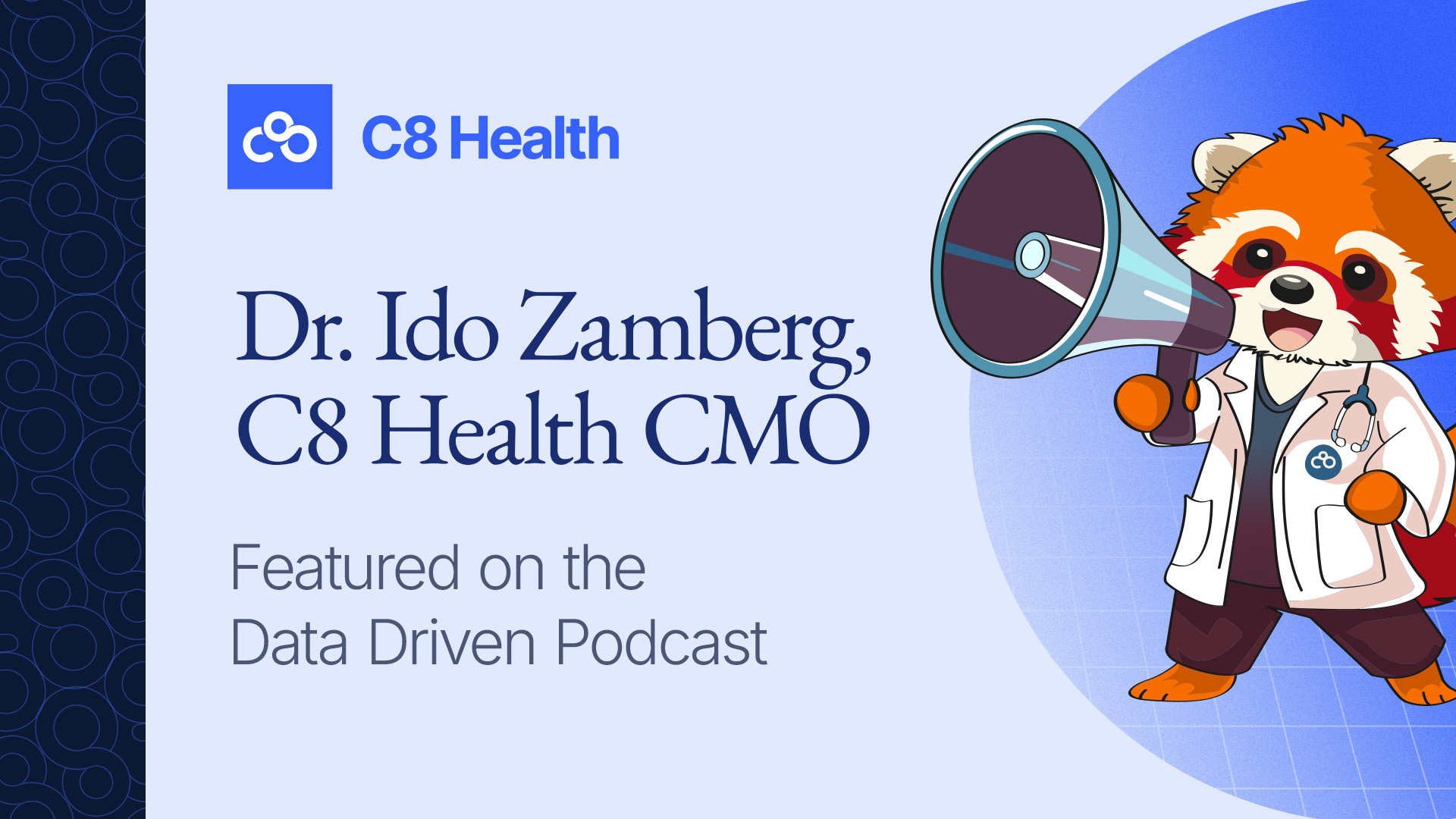6 Trends in the Healthcare Industry Shaping the Landscape
Discover the trends that are helping healthcare providers offer better and more efficient care.


Mical DeBrow (Ph.D., RN) is a highly accomplished healthcare professional with a wealth of hands-on experience spanning various sectors of the industry. With a deep understanding of operations, policy implementation, and education in clinical settings, Mical brings a unique perspective to...
See Full BioLearn about our
Editorial PolicyPublished February 27, 2024.
The healthcare industry today looks radically different than it did a decade ago. New technologies and care models rapidly transform how we deliver, manage, and improve healthcare. Everything from effective knowledge management systems to decentralized community-based care can disrupt traditional approaches.
While these shifts bring exciting new capabilities, they also create complex challenges around implementation, equity, and responsible adoption. To keep up with the latest advancements, we need to stay current. Let's take a look at the trends in healthcare that are shaping today's landscape.
Meet the Expert
Mical DeBrow is an accomplished healthcare leader and clinician with extensive expertise spanning pharma, healthcare payers and providers, and healthcare information technology.
1. Shift from Acute Care Settings to the Community
The healthcare industry is experiencing a shift from a hospital-based model to a community-based approach. So healthcare services are no longer limited to hospital settings but are being extended to local settings and homes.
While this shift, usually supported by telehealth and AI products, maximizes efficiency in modern healthcare, it poses challenges.
We need to take a fresh look at how we handle many parts of healthcare delivery. This includes everything from scheduling and record-keeping to managing finances and supply chain logistics. The biggest challenge is making sure everything lines up smoothly across different locations.
» Want to improve care? Find out how instant access to best practices can impact patient outcomes.
2. Drug Development and Therapies
Recent research indicates rapid drug development and adjuvant therapies are taking place faster than ever. What used to take 20-25 years is now happening within 20-25 months. The speed of growth is fueled by increased payer involvement and heightened demand for value demonstration.
However, rapid development also brings along some issues. For instance, events like post-pandemic medical supply slowdowns have led to and continue to lead to drug shortages. Moreover, medications intended for specific diseases are often misused for other purposes, posing unforeseen healthcare risks.
» Learn more about C8 Health's platform for guidance management and care collaboration
3. Technological Advancements in Healthcare
Being mobile is especially important in healthcare when you may often be on the move. And advancements in technology have supported this needs. Take for example, the shift from bulky electronic health record systems to portable ones. And developments like cloud-based knowledge management platforms that are accessible from anywhere through network connectivity. This can really have an impact on patient care.
Wearable devices such as heart monitors are becoming increasingly popular as they provide continuous health monitoring and real-time data transmission, leading to informed decisions about care.
This access to real-time critical information enables healthcare teams to make prompt, informed decisions, improving patient care and streamlining workflows.
Yet, many healthcare organizations still struggle with knowledge management. Our latest white paper sheds light on the issue and highlights actionable strategies hospitals can use to improve their workflows.
4. Mergers and Acquisitions
Over the past five to seven years, mergers and acquisitions in the healthcare industry surged. Recently, Oracle, a multinational computer technology corporation, acquired Cerner, a leading supplier of health information technology solutions, services, devices, and hardware.
While large health systems are expanding their reach, some of them also emphasize community and home-based care more. This shift is driven by multiple factors that increase the demand for long-term care services, including the:
-
the aging population
-
growing prevalence of chronic diseases
-
need to reduce healthcare costs
-
need to offer patients a more comprehensive range of services
Healthcare systems that are larger can shift to a more patient-centered model that provides patients with a wider range of specialized treatment options. They do this by pooling resources and expertise while investing in cutting-edge technology and medical research.
5. Artificial Intelligence and Machine Learning
Artificial intelligence (AI) and machine learning (ML) are transforming the way we care for patients. These technologies are capable of processing and analyzing large amounts of data quickly, providing valuable insights that can lead to better decision-making.
By improving the accuracy of diagnoses, reducing medical errors, and enhancing patient outcomes, AI and ML are making a significant impact on healthcare delivery.
However, it's important to remember that these technologies are here to assist clinicians, not replace them. Even with the advancements in AI and ML, the human touch in healthcare remains irreplaceable.
As we continue to integrate these technologies into healthcare, it's crucial to have clear guidelines and regulations. This ensures their responsible and ethical use, preventing misuse and maximizing their benefits for patients, healthcare providers, and society as a whole.
» Find out how AI and smart formats reshape healthcare data
6. Focus on Behavioral Health
The concept of mental wellness has evolved, and now there is a shift from "mental health" to "behavioral health." This change reflects a more comprehensive approach to mental well-being that goes beyond medications to include support for healthy behavior patterns.
AI and machine learning play a pivotal role in this trend by providing a range of support options and treatments. They do this through virtual assistants or chatbots offering mental health advice.
In addition, AI-powered wearable devices can track users' stress levels and alert them when they need to take a break or practice mindfulness exercises.
Embrace the Change in Healthcare
The healthcare industry is constantly evolving, and so must healthcare professionals. To remain updated, it's important to remain open to innovative ways to drive healthcare efficiency and commit to continuous learning.
Attending professional conferences, engaging with vendors, and keeping up with industry updates are all ways to stay informed about new technologies and trends.
These shifts in the industry are not just about enhancing facility operations but also about meeting patient needs effectively. By embracing the new healthcare approaches, healthcare professionals can provide more personalized care for everyone.
» Looking to adopt smart technology in healthcare? Check out C8 Health's features.





.jpg)
.jpg)
.jpg)